I posed that question to a physician recently, and her response was, “Well, I never really thought that much about it, but I should.” As the head of a nonprofit organization that has been working for decades to expand the adoption of resilient power, it’s a question more physicians, and the healthcare industry as a whole, need to understand and act upon — now.
Consider the fate of thousands of patients following Hurricane Maria, where we learned all too clearly how people with chronic conditions dependent on medical equipment can die when they don’t have access to electricity. Or the situation facing medically vulnerable Californians as the state engages in rolling blackouts to control the risk of forest fires. Now consider that summer is the start of hurricane and fire season. If recent history is any indication of what’s to come, we can expect more frequent and severe natural disasters in the future.
Understanding the implications power loss has for your patients, and what you can do as a physician to help address those problems, is an important first step.
Shed a Light on the Issue
So why, with all your other responsibilities, is the status of patients’ electricity an important issue for physicians? One question to ask is if you even know which of your patients may need electricity to meet their medical needs. If you have a high number of patients on Medicare or Medicaid or who have complex chronic conditions and live at home, chances are a notable percentage require electricity for medical equipment and temperature dependent prescriptions.
These people often don’t evacuate during a disaster. In fact, medically vulnerable households are only marginally more likely to evacuate. As a result, some of your patients are likely to stay home during and following a disaster, even in the event of an outage. Left alone, home healthcare patients could face quickly deteriorating health conditions or even death.
Additionally, when home healthcare patients who rely on electricity-dependent medical devices are forced to seek emergency assistance during a power outage, you are often one of their first calls as their physician. Of course, if your home or office are also affected by the emergency, your ability to help is also limited. It’s likely these patients will then inundate first responders and ERs, further exacerbating your community’s crisis.
Best Practices for physicians
Physicians can take action by learning more about the issue and solutions. While the needle is starting to slowly move toward recognizing the need for reliable sources of back-up power for home health patients, there’s more physicians can — and must — do.
As more people require electricity for critical health services, modernizations to back-up power technologies are beginning to be more widely available. Resilient power uses battery storage, ideally paired with solar photovoltaic (PV), to store energy for use when the grid is down and backup power is needed. It is far safer, more reliable and less environmentally harmful than gas or diesel-powered generators.
I certainly understand how busy today’s physicians are, and that you already have much on your plate. But taking a few steps and working to educate others about the value of resilient energy can make a big difference in your practice and, most importantly, for your patients. Here are five things to consider.
1. Know which patients rely on electricity for home-based medical equipment and medications, such as insulin.
2. If you practice in an area prone to hurricanes, fire, floods, or other natural disasters, encourage patients to learn about resilient power options. When these patients come to your office, ask if they have a plan for power outages or are aware of community resources to help. It’s a question as important to ask as, “How are you feeling today?”
3. Assign a staff member to help educate vulnerable patients and work with your local home healthcare agency to make sure they have plans and resources in place. If you are with a larger medical group, ask the administrator what the organization is doing to address the problem.
4. Support efforts to expand Medicare, Medicaid and private insurance coverage to include battery storage. If battery storage were included in the list of Medicare-eligible durable medical equipment (DME), doctors would be able to prescribe battery storage. Medical device providers would then supply resilient power systems to home healthcare patients dependent on electricity for medical equipment.
5. Join in a dialogue to prioritize multi-stakeholder discussions. Organizations including utilities, Medicare, home care and home health associations are all deeply invested in protecting electricity-dependent individuals during an emergency. However, to date there has been little knowledge sharing about resilient backup power options among these various sectors. Stronger relationships among key constituents can create a system-wide change and provide a platform for swift, coordinated and effective emergency management that includes resilient solar+storage systems.
Much of what is needed is simply awareness and dialogue. For example, after hearing about the need to help vulnerable populations in their community from physicians and other advocates, Vermont utility Green Mountain Power provided subsidized battery storage units at no cost to 100 low-income customers who require power for health and mobility issues.
Turn Knowledge into Action
Through mandates and their own incentives, hospitals and nursing homes are already working to ensure their patients have access to reliable energy sources. Physicians and others in the healthcare community must ensure an equally high standard exists for patients who rely on medical equipment in the home. The technology to improve resiliency and energy independence exists. Your voice as an advocate for patients can help start a dialogue that leads to changes that help your patients and community.
15% Off Medical Practice Supplies
VIEW ALL
 Manual Prescription Pad (Large - Yellow)
Manual Prescription Pad (Large - Yellow) Manual Prescription Pad (Large - Pink)
Manual Prescription Pad (Large - Pink) Manual Prescription Pads (Bright Orange)
Manual Prescription Pads (Bright Orange) Manual Prescription Pads (Light Pink)
Manual Prescription Pads (Light Pink) Manual Prescription Pads (Light Yellow)
Manual Prescription Pads (Light Yellow) Manual Prescription Pad (Large - Blue)
Manual Prescription Pad (Large - Blue)
__________________________________________________
Appointment Reminder Cards
$44.05
15% Off
$56.30
15% Off
$44.05
15% Off
$44.05
15% Off
$56.30
15% Off
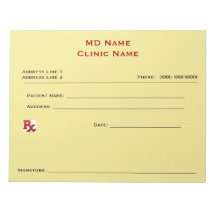
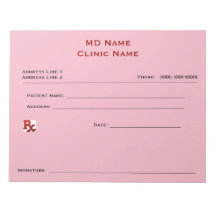
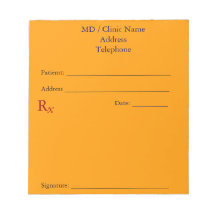
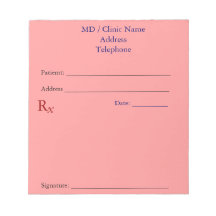
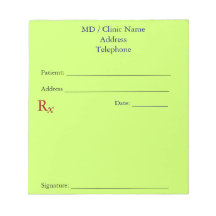
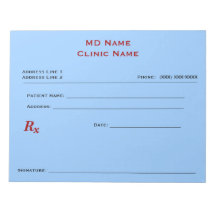
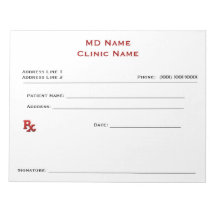
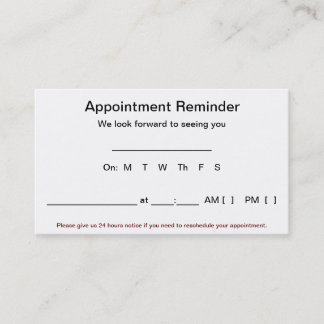
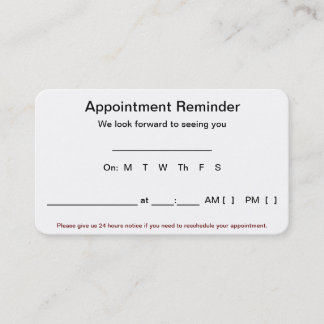
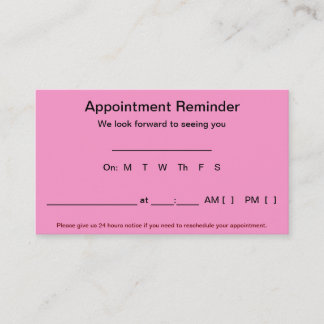
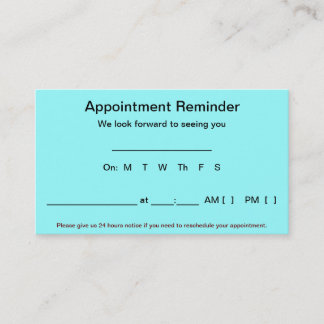
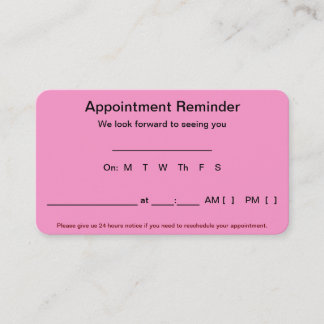
No comments:
Post a Comment